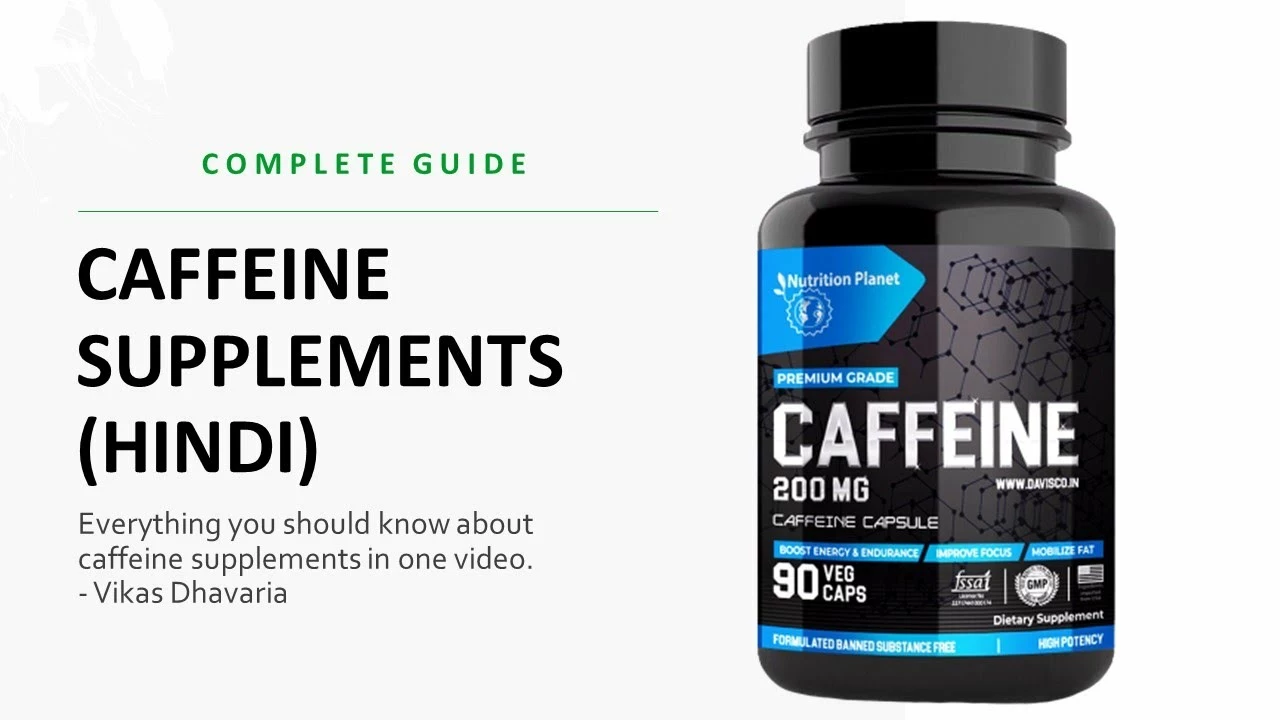Procaine (Novocaine): What It Is and When It's Used
Procaine, often called Novocaine, is a short-acting local anesthetic doctors and dentists have used for decades. It numbs a small area so you don’t feel pain during injections, minor procedures, or some dental work. While newer drugs like lidocaine have largely replaced it, procaine still shows up in certain injections and in combination drugs like procaine-penicillin.
How procaine works and common uses
Procaine blocks sodium channels in nerve fibers. That prevents pain signals from traveling to the brain. Onset is usually quick—minutes—and the numbing lasts a short time, often less than an hour. You’ll see it used for dental procedures, small skin surgeries, and intramuscular injections where brief numbness is helpful. Historically it was the go-to for many procedures; today it's chosen more selectively.
If you hear about procaine-penicillin, that’s penicillin combined with procaine to slow absorption and reduce pain at the injection site. That formulation is used for specific infections where a long-acting antibiotic shot is helpful.
Safety tips, side effects, and what to watch for
Most people tolerate procaine well, but there are important safety points. Allergic reactions are more common with ester-type anesthetics like procaine than with amide types (for example, lidocaine). If you have a known allergy to “-caine” ester anesthetics or to PABA-related compounds, tell your provider.
Systemic toxicity is rare with proper dosing but can happen if too much is injected or if it’s accidentally injected into a blood vessel. Early signs include ringing in the ears, lightheadedness, blurred vision, or a metallic taste. More serious effects include tremors, seizures, slow or irregular heartbeat, and in extreme cases, respiratory problems. If you notice sudden numbness beyond the injection area, breathing trouble, fainting, or seizures after an injection, get emergency help right away.
Practical tips: always share your full medical history and medication list with the clinician giving the injection. Let them know about liver problems, heart disease, or if you’re pregnant or breastfeeding. Providers lower doses for older adults and people with certain health issues. If you’ve reacted to a local anesthetic before, ask for an alternative or allergy testing.
How does it compare to newer anesthetics? Lidocaine and other amide anesthetics last longer and cause fewer allergic reactions, so they’re often preferred. But procaine remains useful where a short, rapid-onset anesthetic is desired or in certain antibiotic injections.
Want more on related topics? We cover practical wound care and other local anesthetics across GenMedicare. If you have specific concerns about a procedure or reaction, talk to your doctor or pharmacist—they can recommend the safest option for you.
Procaine: The Groundbreaking Dietary Supplement You Can't Afford to Ignore
Hey there, fellow health enthusiasts! You won't believe what I just stumbled upon - Procaine, a dietary supplement that has taken the health world by storm! It's like the superhero of supplements, swooping in to save your day. No more ignoring it folks, this little gem deserves a spot in your daily routine. Trust me, your body will thank you later with a standing ovation!
View more
